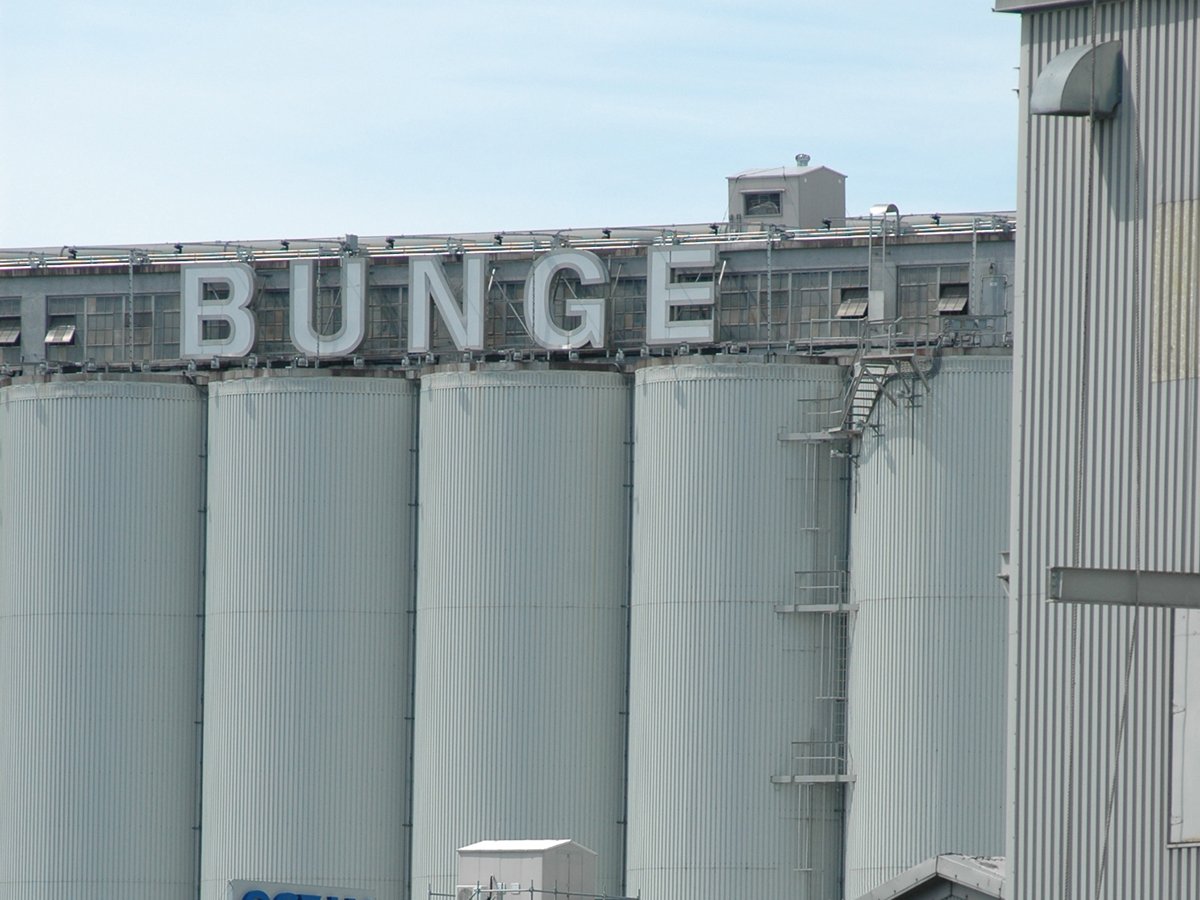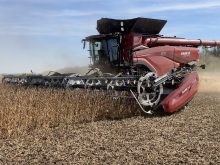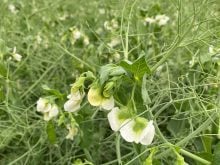HANOVER, Germany — Kazakhstan has told farm equipment manufacturers that the first companies to begin building large scale machinery in that country could receive exclusive access.
The country, which is the world’s largest exporter of wheat flour, represents a significant market for farm machinery and an opportunity for agricultural investors.
Asylzhan Mamytbekov, Kazakhstan’s agriculture minister, said during a Nov. 16 meeting at the Agritechnica farm show in Hanover that implement manufacturers must make their equipment in his country to avoid a large tariff on imports.
Read Also

Bunge’s crop mix is changing
Bunge has predominantly been a soybean processing firm, but that’s about to change after the merger with Viterra with softseed processing and grain merchandising gaining ground.
He told company executives and international trade officials that they can count on the nation’s workforce, government tax breaks and incentives, a good domestic market, assistance with exports and no import tariff.
The room, which was filled to overcapacity, became noticeably quieter when he said that if companies chose to build a combine plant in Kazakhstan, he would offer them a form of exclusivity for that machinery sector in the Kazakhstan marketplace.
Mamytbekov is echoing a message delivered ahead of a larger American farm technology show in Florida two years ago, when the Russian agriculture minister told machinery makers that they needed to start building their factories inside the former Soviet Union or face stiff new tariffs, which were soon imposed.
The world’s largest companies played ball with the former Soviet republics and have been opening factories there ever since.
Hermann Garbers of the German equipment manufacturers association said the world must open its markets for trade.
“Not just in grains and oilseeds, but for machinery and technology. Countries benefit from improved agricultural technology and that benefits their economies overall. Tariffs are not the answer,” he said in a separate international trade forum at the Agritechnica show.
Russia is set to join the World Trade Organization after the WTO’s next meeting in Geneva, but to do so it must reduce trade restrictions.
The country is dropping its 2009 tariff on some foreign-made farm equipment, specifically self propelled machinery.
In addition to import tariffs to encourage local manufacturing, Russia and Kazakhstan use direct payments of up to 50 percent and low interest loans to encourage farmers to buy modern, larger-scale farming equipment and technology. This partly offsets import tariffs, but it also makes regionally produced equipment more competitive against imports.
Russian farmer Stefan Duerr said the incentive to buy machinery and build livestock facilities in the former Soviet Union are significant.
“We can get grants and low interest lending, maybe three percent on farm equipment,” he said.
“In a country with 10 percent inflation, you can’t go wrong. The systems work to keep you modernizing.”
Mamytbekov said farm equipment sales dried up after the 2008 financial crisis because of a lack of credit, but Kawagoe, the state run agricultural lender, offered loans of $500 million to farmers in 2010 and 2011.
Gert Lindemann, agriculture minister in the German province of Lower Saxony, said he and his officials have worked in Kazakhstan to develop markets for machinery exports.
He said the region’s trade policies and farmer incentives to modernize their production are working, with lending being the biggest limiting factor.
“It is a very large country, with a lot of arable land, with a big role to play in solving the global food shortage,” he said.
“Improving yields with better technology is (key).”














